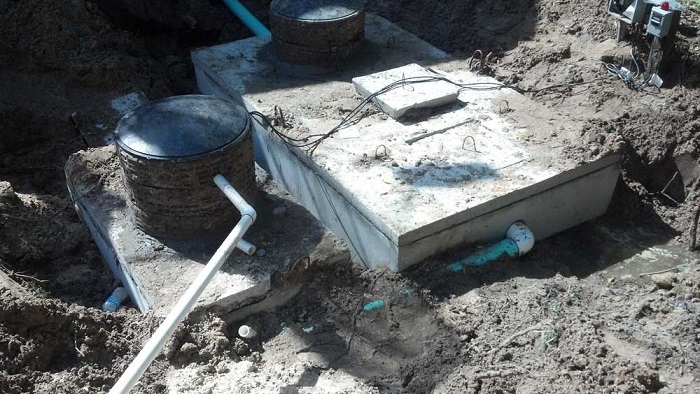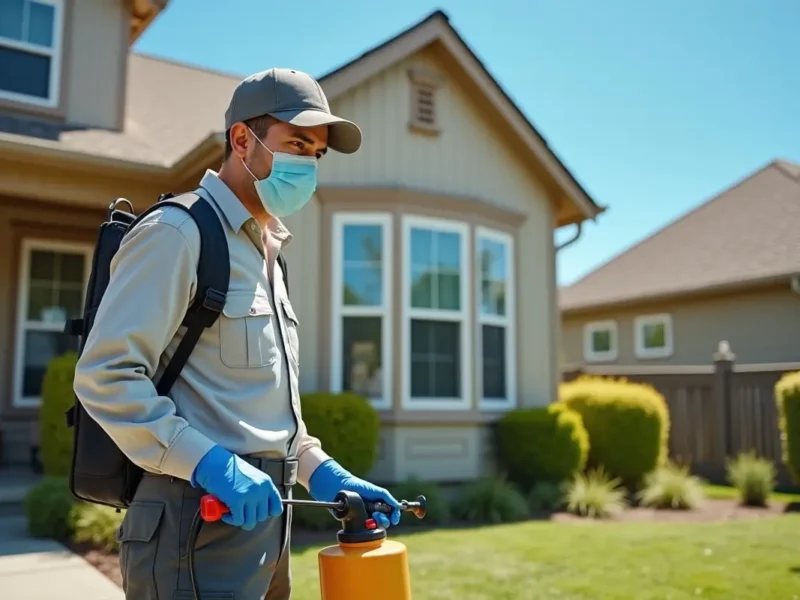Septic systems treat and filter wastewater before it leaves the home. When they fail, untreated sewage can seep into the ground or pollute nearby water sources.
Regular septic system inspections can help homeowners identify and resolve issues before they become serious problems. Having regular checkups also reduces the likelihood of related emergencies.
Contents
Buying a Home with a Septic System
Many homes in rural and off-the-grid areas use septic systems to dispose of their waste. These systems collect wastewater from toilets and other household plumbing fixtures, which are then treated on the property. They’re much more cost-effective and environmentally friendly than other plumbing solutions.
But like any other system, a home’s septic system must be regularly inspected. Professional septic services can help you understand what to look for when buying a home with a septic tank and how often you should get your septic tank pumped.
You should also be aware of your state and local regulations regarding septic systems. Some require inspections at the time of transfer, and lenders may also ask for a review before lending money for a new home.
Additionally, some states add water resource protection requirements to septic system regulations because of their impact on groundwater quality. This can limit how close you can build to a well.
Maintaining Your Home’s Septic System
A septic system is a more cost-effective alternative to municipal sewage service and is more environmentally friendly than other waste plumbing solutions. It is also longer-lasting if it is properly maintained. However, it requires routine cleaning and inspections to function correctly and avert serious problems.
A home septic system usually includes a septic tank and some disposal drain field, commonly called a leach field. The septic tank uses bacteria to digest organic matter, separate floatable substances such as fats and oils, and allow solids to settle at the bottom of the wastewater.
The liquid wastewater then flows to the drain field, a network of gravel-filled trenches that allow water to naturally filter and treat itself before entering groundwater or surface waters. A septic tank that needs to be regularly cleaned or inspected can lead to expensive repairs or replacement. A septic tank inspection can help you identify problems and prevent costly repairs or replacements before they become significant.
Keeping Your Family Healthy
When your septic system functions properly, it keeps your family safe and healthy. However, paying attention to routine septic maintenance and inspections could lead to a faulty septic system that allows wastewater to leak into the groundwater supply or cause sewage odors around your home.
Septic tanks collect and process waste solids and wastewater from your home’s plumbing system. The septic tank treatment process partially decomposes the solids, separating them into a scum layer (oil, fat, and grease), liquid layer, and sludge layer before the treated wastewater enters the drain field to be absorbed into the soil.
Regular septic system inspections include visualizing the septic tank, inlet baffle, outlet valve, and partition wall. The inspector will also check for sludge levels and the condition of the leach field or absorption system. Keeping up with these inspections can help you avoid costly repairs in the future. It can also make your home more attractive to potential buyers when you decide to sell.
Avoiding Septic-Related Emergencies
Many homeowners relying on septic systems are in a crisis when their plan fails. The cost to replace a septic system can run tens of thousands of dollars, and the health hazards of falling septic systems are both severe and potentially deadly.
During a septic tank inspection, your inspector will examine the inlet and outlet baffle and the partition wall of the septic tank. The distribution box is also reviewed to determine if it allocates wastewater evenly to each drain line. An overfilled or clogged distribution box will disproportionally assign wastewater to one or more drain lines, leading to floods in those lines and groundwater contamination.
Experts in septic systems can spot early indicators of wear and tear that could later cause issues, reducing expenses and potential health hazards. Those who choose not to have regular septic inspections risk costly repairs and potential safety issues for their families and the environment.


